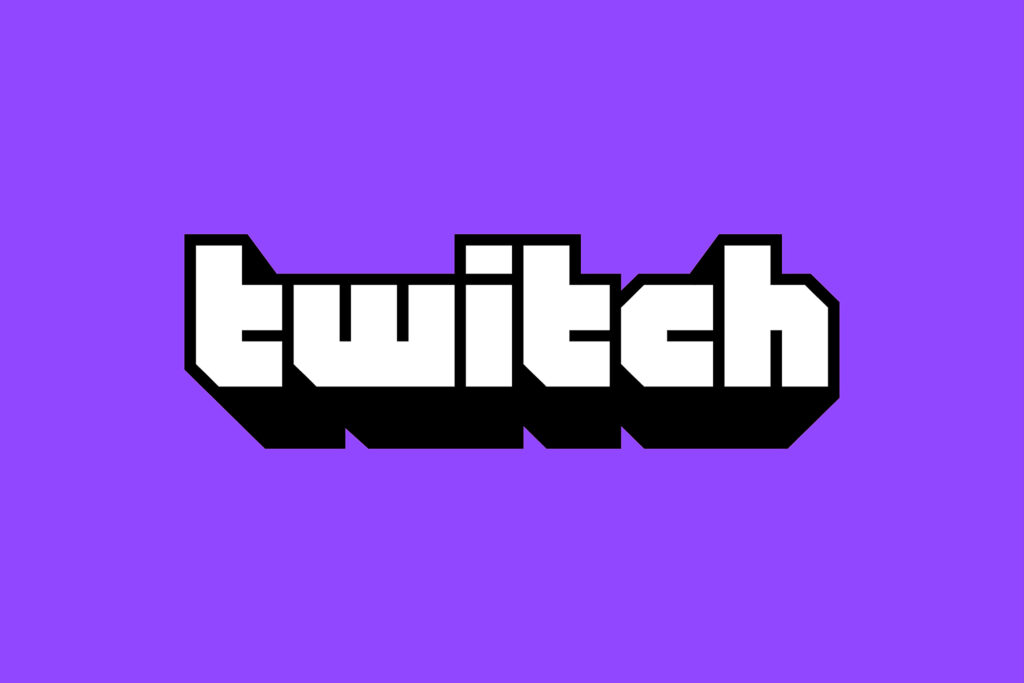
Twitch massively expands tag system – and says “we were wrong” to ignore Trans streamers
After announcing earlier this week that it would be adding more than 350 new tags to help streamers better identify their content and reach relevant communities, Twitch has now revealed more information on how the revised system works and how it came about.
Opening an hour-long broadcast, host Erin “Aureylian” Wayne – Twitch’s senior director of marketing – thanked LGBTQ+ communities, and specifically the Trans community, for relentlessly calling for improvements to how Twitch identifies creators and their content. “Your contributions, and especially your activism, have been incredibly powerful and absolutely inspiring,” Wayne said, “and it’s the work you do, the work of our community, that continues to make Twitch the place that it is, and better and better as we go forward.”
The streaming platform also offered apologies for how long it had taken to listen to users who had been requesting more inclusive tags for years. Speaking on how Twitch had acted too slowly, Tom Verrilli, Twitch’s VP of viewer experience, said “Our error, and specifically my error here, was not recognising that the level of demand for these tags from our community was actually […] evidence we had simply implemented the ‘who’ part of discovery the wrong way previously, not that it wouldn’t be an important discovery vector.”
The addition of new tags, which are live now, allows streamers to offer far more specificity of who they are and the kind of content they offer in their streams. While the LGBTQIA+ tag remains as an umbrella, Twitch now offers more granular identifiers for members of the broader community, such as Pansexual and Demisexual. Ally, previously and controversially grouped in with LGBTQIA+, has now been separated out, and given the description “for streams featuring content relevant to collaborators and accomplices of fighting injustice and promoting equity”. Most importantly, there is now a dedicated Transgender tag, by far the platform’s most requested identifier tag.
The updated system also allows streamers greater ability to highlight nationality and culture, with tags for dozens of countries and cultural groups, and for discussions of topics such as body positivity or mental health, with tags for depression, anxiety, and bipolar disorder available.
The new tags system will still limit creators to five tags per stream, but automatic tags – for instance, the FPS genre tag being applied if a streamer is playing Call of Duty – will not count towards that limit.
In total, there are now more than 1000 tags on offer, with plans for more to be added. You can browse the full directory here.
Verrilli noted that this is all very much a first step for Twitch, and that there is more work to be done to improve the platform. He said, “I think today’s release is really good, but I’d call it a good, not great, solution to the question of who streamers are.”
Verrilli acknowledged that Twitch has been too slow bringing about improvements, and too rooted in how it thought tagging should work rather than how creators and viewers wanted the function to work. “It was a couple of months ago that we realised we were letting great be the enemy of good, and that if we were going to spend many more months getting this right, that the impact on our creators of waiting is just not justifiable. We were wrong not to have done it sooner,” he said. “We took a decision a couple of months ago to try and expedite this interim solution as soon as we could, but I think it’s safe to say there’s a lot more work here because streamers are at the heart of Twitch – they’re streamer-led communities, and so we’ve got to do more, and we’re going to do more, to help everybody better label their streams and better describe themselves.”
In response to a later viewer question on why Twitch had greeted the years of questions about more inclusive tags with a wall of silence, Verrilli offered an unexpectedly candid answer. “At first, the honest answer is we weren’t intending on adding a solution here,” he admitted. “We started with the belief that tags should be around what’s happening, rather than who’s doing it – and we were wrong. For 18 months, we didn’t have an update because our answer was we weren’t planning on doing it. I am pleased that we changed our mind there – I think we were wrong to be sitting in that start point.”
He added, “once we did determine the course of action, which was a couple of months ago, it basically just took us a little bit of time to get the solution right, but I apologise that the answers have been few and far between. I also apologise that it took us as long as it did to get to the right answer.
Twitch also has plans to improve its moderation policies to avoid any increase in abuse that greater identifiability may bring.
Overall, these are positive moves from the platform, and show an increased and evolving recognition of exactly how diverse the communities who use it are. While there are still areas for improvement, today’s announcements mark a strong first step forward.
You can watch the full stream here.





